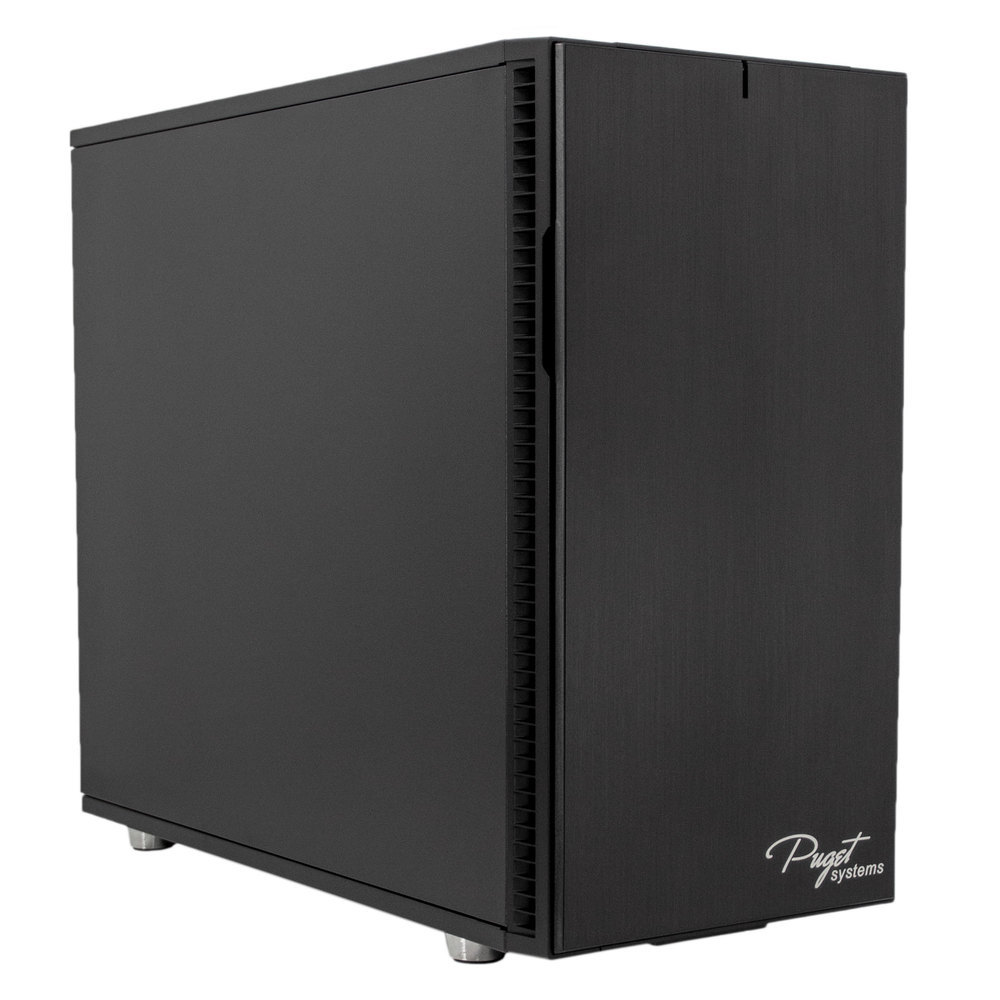Table of Contents
What’s the point of this article?
While the arguments for both sides are fairly strong and the answer depends on what your use case is for your system, most of our customers use their systems for work so we will be approaching the argument from that angle.
The Meat & Potatoes
If you use your computer as often as we think you do, a restart once or twice a week is sufficient. Shutting down over a long weekend or whenever you will be away from the computer for a few days is enough. For most of our users, WE recommend leaving the system on, here’s why:
Instant Access
If your system is always turned on you’ll have immediate access to anything you need and can even use a number of remote software systems to access your files or folders.
Easier Updates
Windows systems update regularly, automatically (if configured correctly) and only require a restart when a very critical update comes through. Leaving your system on will ensure that you don’t wait for any updates when powering up your system first thing in the morning. You may still need to wait for an update to install from time to time but you control when that happens as you get to choose when the system restarts after an update.
Safety
Numerous different types of software schedule themselves for late night operations. This can be as simple as a software update or system backups, and could also be as significant as your Virus scanner or uploading large amounts of data. These tasks can use up a decent amount of system resources and bandwidth as well as taking a long time. Performing these tasks overnight is a great way to avoid interruption.
Convenience
Most Puget computers boot up in under a minute when we ship them and, depending on the types of software running, should still boot about that quickly. Even if your system does boot quickly, that’s a few minutes each day that you aren’t working and if there is a pending update that can really interrupt your workflow. When the system is on and updates are scheduled, this issue is circumvented. All your previously launched applications will be running already and will only take a moment to dive back into.
If you are the type of user that only accesses their system every other day you might find it more beneficial to turn your system off more frequently. Here’s why:
System Lifespan
Every component in your system has a lifespan. While SSDs last significantly longer than HDDs, they still don’t last forever. Monitors and their cables can wear out, chips can fail and circuits can short. An electronic device can only have so much energy pumped through it before it dies. The reality is, most of your devices will have been replaced and upgraded long before you see their end of life. This doesn’t mean you need to subject your system to persistent stress, heat and energy use 24/7 if you only use the system every once in a while.
Power Loss
In the event your home loses power or god forbid lightning strikes, a surge can damage electrical items and high power systems. Plugging your system into a surge protector can help prevent these types of issues but when your system drops power you run the risk of losing critical data or even damaging the OS. Preventing power loss is challenging but with a UPS you would have significant protection against both surges and sudden power loss. Check out this article if you have questions about UPS devices.
https://www.pugetsystems.com/labs/support-hardware/How-To-Select-The-Right-Uninterruptible-Power-Supply-UPS-For-Your-Computer-1169/
Need help with your Puget Systems PC?
If something is wrong with your Puget Systems PC, we are readily accessible, and our support team comes from a wide range of technological backgrounds to better assist you!
Looking for more support guides?
If you are looking for a solution to a problem you are having with your PC, we also have a number of other support guides that may be able to assist you with other issues.
